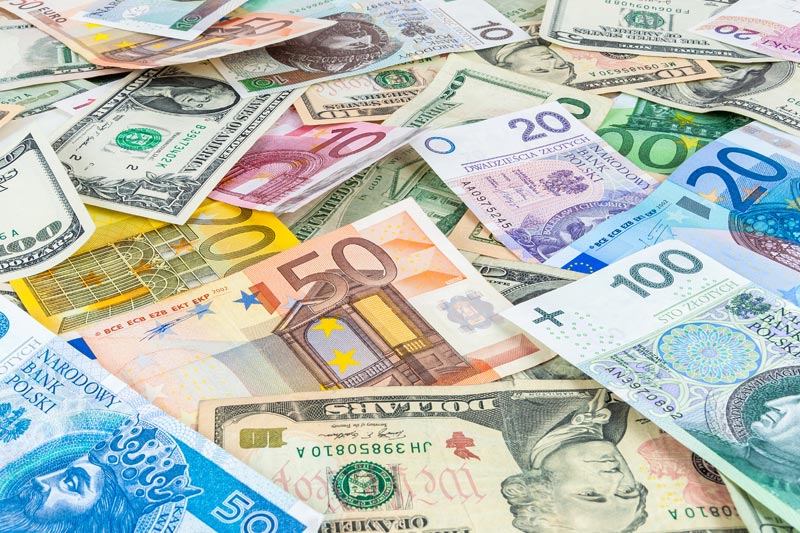Investing.com — Analysts at Capital Economics have cast doubt on the sustainability of the Korean won’s recent rally. Despite the currency’s gains against the US dollar this year, they expect the upward trend to reverse.
The Korean won has shown resilience despite the generally strong US dollar, even falling slightly today. The currency’s performance was remarkable, especially given the shift in relative returns that was not in favor of the won.
South Korea’s political turmoil has investors concerned, but the country’s political institutions have withstood the challenges and fears of widespread industrial unrest have not materialized. This stability is reflected in the 5.0% year-to-date increase in South Korea’s main stock market index.
However, the won has declined significantly since the start of the fourth quarter of 2024 and has been among the worst performers among emerging market currencies since the brief imposition of martial law in early December. While a resolution to the political crisis could potentially lead to a further rally, Capital Economics remains skeptical.
The analysts argue that the won’s weakness in the previous year was largely due to a substantial shift in interest rate spreads, influenced by weak macroeconomic data and unexpected monetary policy measures, such as the rate cut in late November, followed by dovish central bank guidance .
They predict that the Bank of Korea will continue to cut rates more aggressively than investors currently expect to strengthen economic growth and keep inflation low, which would likely lead to further widening interest rate differentials against the won.
Furthermore, Capital Economics predicts that a weaker Chinese economy, expected in response to tough US tariffs, will put downward pressure on the Korean won. Historically, the renminbi’s movements have had spillover effects on other Asian currencies, including the won.
This article was produced with the support of AI and reviewed by an editor. For more information see our General Terms and Conditions.


